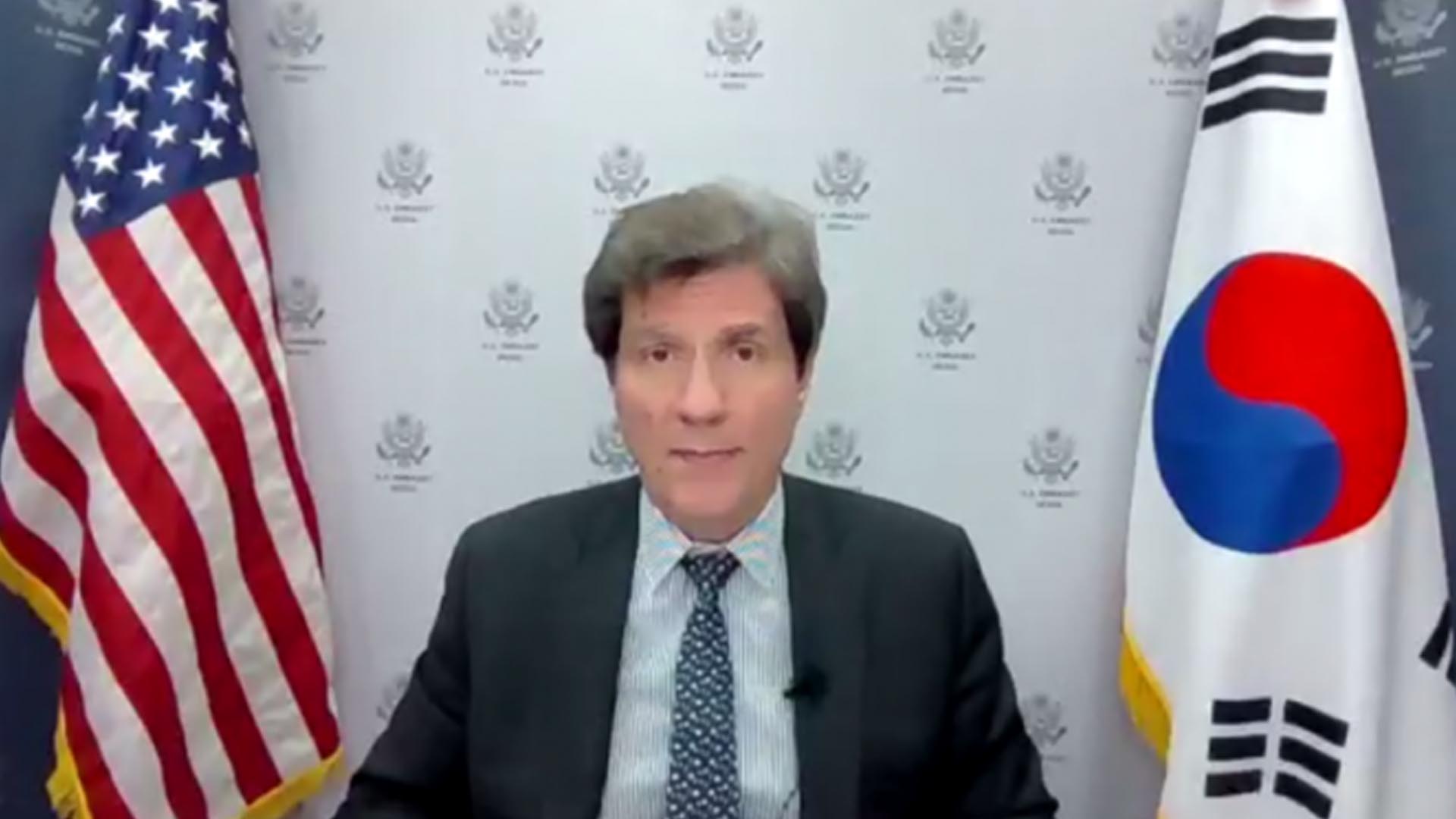Aside from engaging with the Philippines for its clean energy transition, a United States official said cutting down methane emissions is a low-hanging fruit for both countries in energy cooperation.
In a virtual press briefing with reporters from Philippines, Vietnam and South Korea on Thursday, US Under Secretary for Economic Growth, Energy, and the Environment Jose Fernandez said technologies are now available to help the country reduce its methane emissions.
“(T)his is almost the lowest-hanging fruit in our energy relationship – is the Philippines has joined the (Global) Methane Pledge (GMP). And the experts tell you that the Philippines, with existing technology, can reduce 75 percent of its methane emissions,” Fernandez said.
Led by the European Union and the US, the Philippines is also one of the 155 country participants in the GMP.
Launched at the COP26 in 2021, country participants vow to take voluntary actions to contribute to the collective global goal of slashing methane emissions by 30 percent in 2030 from 2020 levels.
Methane is one of the contributors to the forming of the ozone, decreasing air quality, and lesser crop yields, among other environmental and human health impacts. Cutting the amount of methane in the atmosphere will lessen these effects on humans, the environment, and economy.
“That’s something that we could start working on right now; that’s something that the Philippines is very eager to cooperate on,” Fernandez said. “So, that to me is probably on the energy front. In addition to the investment, that is one of the short-term low-hanging fruit opportunities that we have in the Philippines.”
The US official capped his 10-day official trip to Asia visiting Vietnam, the Philippines, and South Korea pursuing deeper economic cooperation and enhancing the region’s economic resilience.
“In all of these countries, we have discussed ways to strengthen our economic cooperation in this very critical and important region,” Fernandez said.
“(W)e have affirmed our commitment to cooperate closely with these three countries in issues of common concern – again, energy, health betterment, and food security, as well as the several other aspects of our very wide-ranging relationship,” he added. (PNA)





















